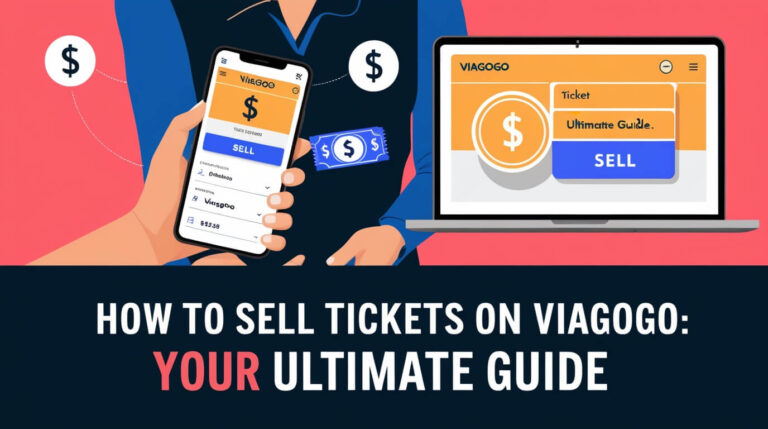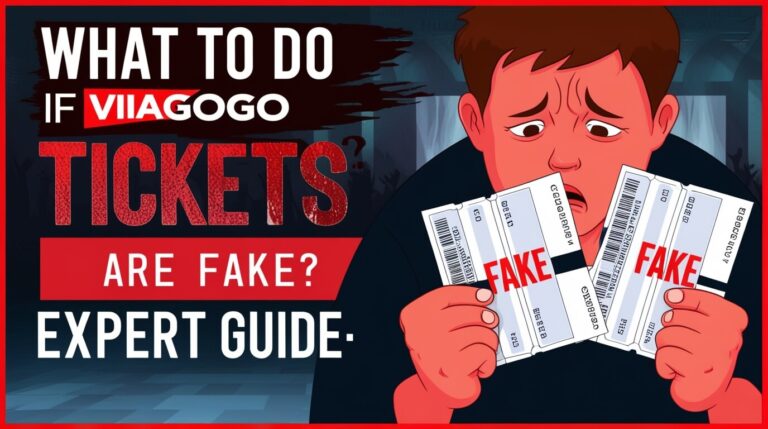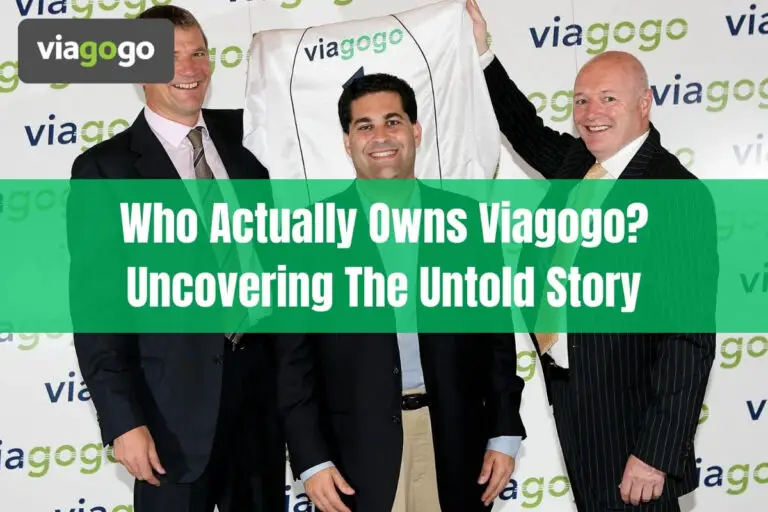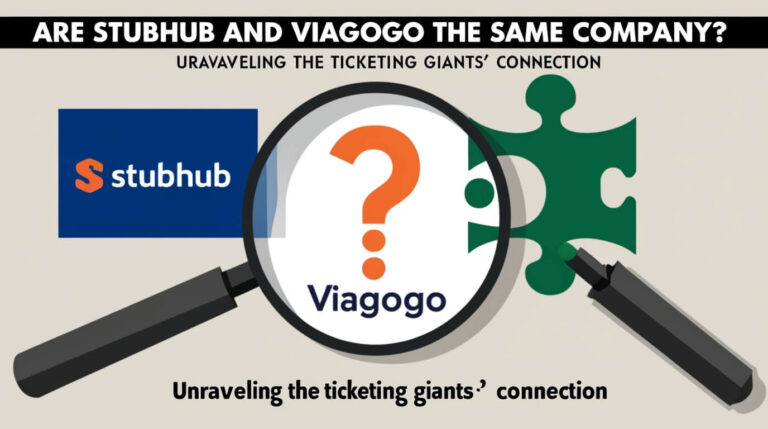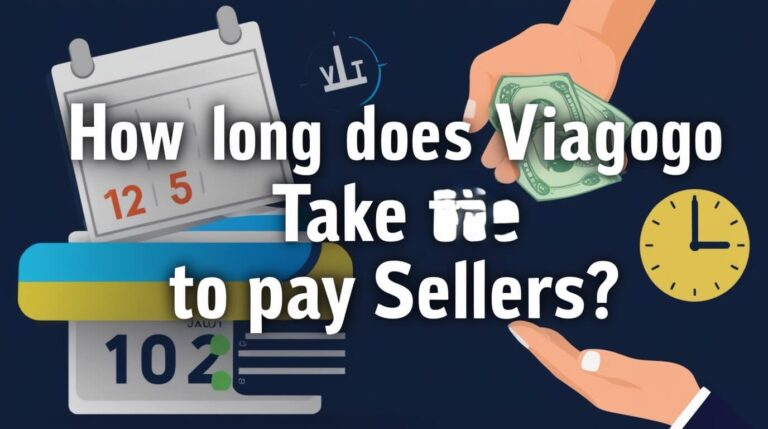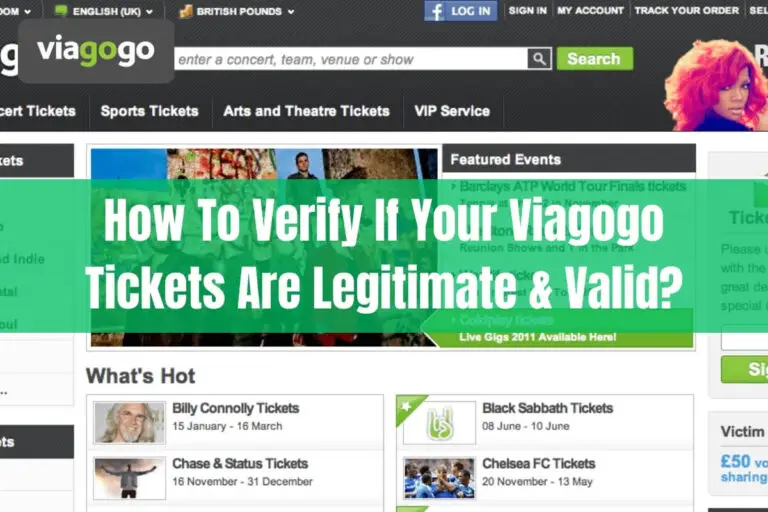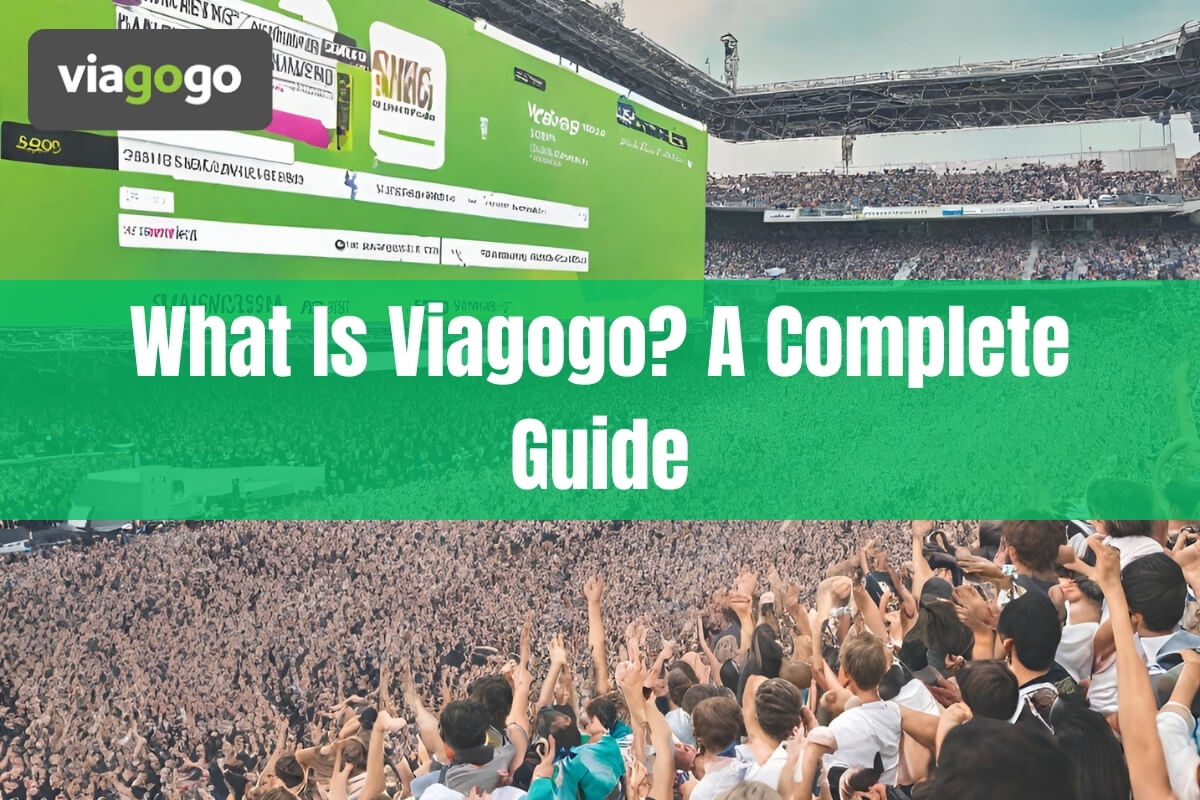
Have you ever come across tickets for a concert, sports event, or show selling for hugely inflated prices on sites like Viagogo and wondered – is this legit? Or have you bought tickets on there only to be denied entry at the venue?
You’re not alone. Viagogo is one of the largest ticket resale marketplaces operating globally, yet still shrouded in mystery (and no shortage of controversy) when it comes to how it works.
In this extensive guide, we’ll break down exactly what Viagogo is, how it works, its checkered history, and most importantly – can it truly be considered a safe and reliable place to score tickets?
A Brief History – How Did Viagogo Start?
Viagogo was founded in London in 2006 by American entrepreneur Eric Baker, who had previous success as a co-founder of StubHub in the United States.
Baker started Viagogo with the vision to create an online ticket marketplace connecting buyers and sellers of live entertainment, music, theatre, and sports tickets. This allowed everyday people to easily resell event tickets they could no longer use.
In 2021, the story came full circle when StubHub actually acquired Viagogo outright for $4 billion. However, the Viagogo brand has been maintained as StubHub looks to expand its global secondary ticketing footprint.
Over its 16 years in business, Viagogo has faced no shortage of controversies (more on that shortly). But its website traffic and ticket sale volumes continue gaining steam.
Viagogo handles ticket resales for high-profile music acts and organisations like Warner Music, ATP World Tour Finals, and the French Open tennis tournament.
Let’s look closer at exactly how buying tickets via Viagogo works when you land on their site…
How Does Viagogo Work? Breaking Down the Ticket Buying Process
It’s important to note first that Viagogo itself does not sell tickets directly like a traditional ticket retailer. Instead, it operates as an online ticket marketplace connecting individual ticket buyers and sellers.
The process plays out like this from the buyer perspective:
- Search Viagogo for tickets to your desired event
- Find a suitable ticket listing from an individual seller, often priced higher than original face value
- Make an offer and purchase the tickets through Viagogo
- Viagogo charges you the ticket price plus additional booking and service fees
- If the tickets are physical, the seller must ship them directly to you
On the seller side:
- Create a Viagogo account
- List unwanted tickets for sale at your chosen ticket price
- Viagogo forwards ticket inquiries and purchases to you
- You must confirm the sale and directly fulfill ticket delivery to the buyer
- Viagogo releases your payment shortly after the event concludes
This makes Viagogo more akin to an eBay for event tickets than a typical ticket retailer. Individual users create all the ticket listings, determine pricing, and handle fulfillment. Viagogo simply facilitates the marketplace connection.
But that approach opens some risky loopholes…
Does Viagogo Sell Fake or Invalid Tickets?
Stories are rampant of buyers purchasing tickets on Viagogo only to be denied entry at the event venues. Sometimes tickets are flagged as fraudulent. Other times, they may have been sold multiple times over leaving only the first arrival valid.
There’s no doubt instances of invalid tickets being peddled on Viagogo happen more frequently compared to traditional ticket outlets.
However, Viagogo defends its platform and processes. The company claims these issues only happen in an extremely low percentage of sales. It’s an unavoidable byproduct they argue of creating an unrestricted secondary sales marketplace.
As protection, Viagogo does offer a “Fan Protection Guarantee”:
If buyers receive fraudulent or unusable tickets, Viagogo pledges to provide comparable replacement tickets or offer full purchase refunds
How often that actually occurs is heavily debated. But there is risk buying via an open marketplace that buyers must weigh against potential ticket availability and pricing benefits.
Is Viagogo Just Enabling Ticket Scalping and Price Gouging?
Another major complaint often lobbied against Viagogo is that their unpoliced model allows professional ticket brokers and scalpers to significantly inflate prices:
Unlike primary ticket sellers, Viagogo lets individual sellers list tickets at literally any price they choose – often many multiples above face value prices. Buyers must then pay those inflated ticket prices plus Viagogo’s own service and booking fees on top.
To critics, this easily enables ticket brokers and scalpers to rip off fans by price gouging based on demand. Sellers can manipulate the Viagogo platform to target buyers left desperate when official ticket allocations sell out.
Yet again, Viagogo defends enabling an open marketplace where prices adjust freely in response to supply and demand forces:
Just because highly marked up tickets get listed does not guarantee they will actually sell at those extreme secondary market prices
The company maintains only a small fraction of their listed tickets trade hands at the highest ranges. It’s Caveat Emptor – let the ticket buyer beware.
Why Does Viagogo Attract So Much Controversy and Legal Drama?
Given the looser standards around inflated pricing and risks of fake tickets, its no wonder Viagogo constantly lands itself in hot legal water and PR controversies across regions it operates:
- Australia – Viagogo was fined $7 million in 2020 for misleading ticket advertising and opaque fee disclosures
- France – Sued in 2016 by UEFA Euro Cup over unauthorized ticket sales on its platform
- Germany – Faced injunctions around ticket sales for 2018 FIFA World Cup and 2019 Rammstein concerts
- UK – Under frequent investigation by government consumer protection agencies over transparency concerns
High-profile music artists like Ed Sheeran have also sued Viagogo to halt inflated resales of their tour tickets. Industry insiders often encourage fans to avoid Viagogo altogether due to fraud risks.
In response, Viagogo emphasises most of its operations adhere properly to local ticket resale regulations. Settlements like Australia’s $7 million penalty brought their advertising practices into compliance.
And the saga continues of new Viagogo controversy inevitably emerging followed by legal threats and eventual changes to quell the latest region upset by their secondary sales model…
Can Viagogo Really Be Considered Legitimate?
So that brings us to the big question – with all the drama, legal issues, and complaints against Viagogo over the years, can they truly be considered a legitimate ticket seller?
The answer depends somewhat on exactly how you define “legitimate” when it comes to online ticket marketplaces.
In Viagogo’s defense:
- As a legal business entity and secondary ticket trading platform, Viagogo does satisfy local resale regulations (or adapts when those rules evolve)
- Millions of customers have completed ticket transactions through Viagogo over 16+ years
- When problems do rarely occur, its guarantee coverage provides recourse
Yet huge doubts linger over the ethics and integrity of how Viagogo conducts business given:
- Little control or policing of egregious ticket markup pricing
- Lack of transparency around total fees until late in transactions
- Relatively high risk of fake/invalid tickets from anonymous individual sellers
In the end, buyers must weigh up their personal appetite for risk if considering utilizing Viagogo:
- How much are you willing to overpay for tickets vs. securing tickets you can’t find alternatives for?
- Do you fully understand Viagogo’s total charges before transacting?
- Are you comfortable buying tickets peer-to-peer from random sellers of uncertain credibility?
There are no definitive right or wrong answers when evaluating Viagogo’s legitimacy as a ticket source. But going in eyes wide open around the unique pros and cons they bring is crucial.
Key Takeaways – What You Must Know About Viagogo
Hopefully this guide provided illumination around exactly what Viagogo is and how their ticket marketplace functions (along with fuels no shortage of frustration!).
Here are the key takeaways when weighing up ever using Viagogo yourself:
- Originated to enable individual ticket reselling between fans, not professional brokers
- Creates risks around radically inflated ticket pricing from profit-driven sellers
- No control over anonymous sellers means higher chances of invalid/fraudulent tickets
- Repeatedly adjusted shady practices when facing legal/regulatory pressure
- Legitimacy status complicated & based on one’s risk tolerance more than ethics
Understanding these Viagogo fundamentals allows making informed decisions whether the potential benefits outweigh the pitfalls

